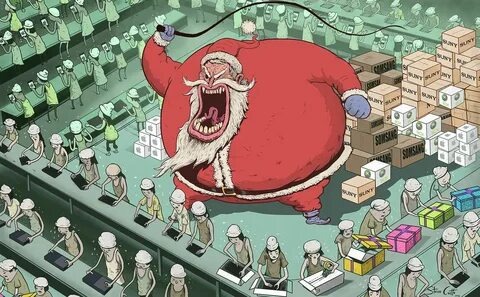### Modern Capitalism: Too Much Prosperity, Too Little Productivity

In recent decades, the average growth rate of the world’s income per person has plummeted from nearly 3% annually to under 1%. While economists are puzzled by this productivity paradox, the roots might lie in our response to modern comforts. Just as John B. Calhoun’s 1960s mouse experiments revealed that prosperity led to a “behavioral sink” and eventual colony collapse, humans may face similar productivity declines due to reduced economic pressures.

Historically, the brutal economic cycles of the industrial revolution fostered rapid recoveries and robust productivity growth. Fierce competition, frequent downturns, and minimal government intervention were hallmarks of a vibrant capitalist system. However, today’s capitalism is characterized by constant government intervention aimed at mitigating economic hardship. Regulations have skyrocketed, creating bureaucratic corporate environments where managers outnumber workers. This shift has stifled the “creative destruction” essential for economic vitality.

Post-2008 financial crisis, central banks employed ultralow interest rates and large-scale asset purchases to stabilize markets, but these measures also propped up inefficient “zombie” companies. The resulting easy money environment enabled large corporations to dominate, further entrenching monopolies and stifling competition. As corporate profits bloated, productivity growth continued to falter.

Moreover, persistent government deficits and rising national debts have exacerbated the situation. By 2022, it took $3 of debt to generate $1 of GDP growth, a stark contrast to the 1970s. Research shows that increased government size correlates with lower annual growth rates.
Economist Ruchir Sharma argues that capitalism’s dynamism has been eroded by constant stimuli and bailouts, leaving behind a landscape of monopolies and corporate deadwood. Without a cultural shift to accept some economic suffering, modern capitalism may mirror the grim fate of Calhoun’s mice. As we continue to avoid pain, productivity growth declines, threatening the long-term potential of the capitalist system.
